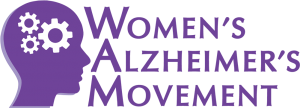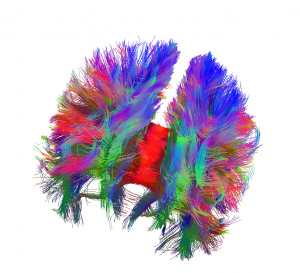Liz and Lily presented at the 61st annual Psychonomic Society meeting, which happened virtually on November 19-22, 2020. Lily and Liz both authored the poster discussing The Emergence of Head Direction Signals in Human Navigation.
Liz also gave a talk at the meeting, discussing her work on Individual Differences in Wayfinding Strategies in Real and Virtual Environments. The full list of authors on this talk were, Mary Hegarty (University of California, Santa Barbara), Chuanxiuyue He (UCSB), Alexander P. Boone (Oregon State University), and Elizabeth R. Chrastil (University of California, Irvine).







